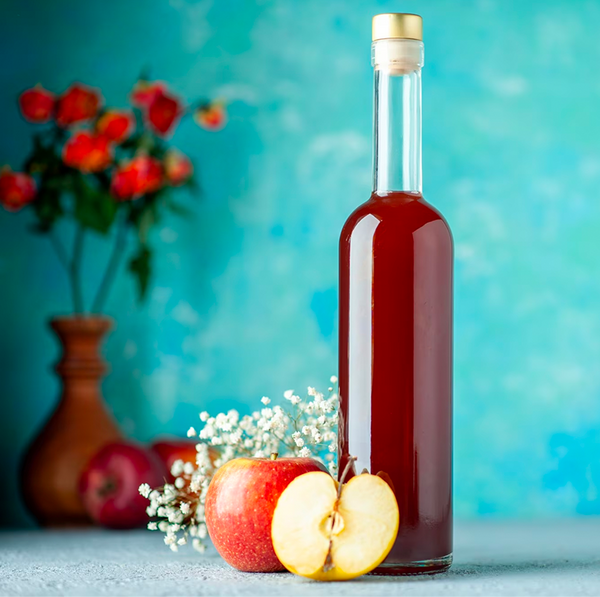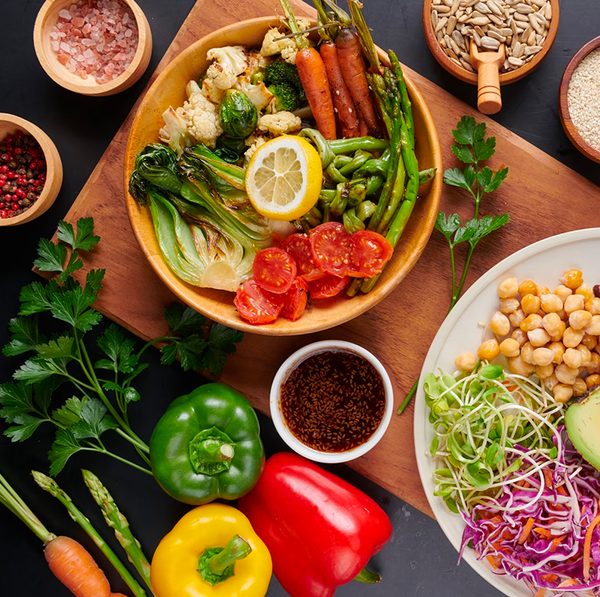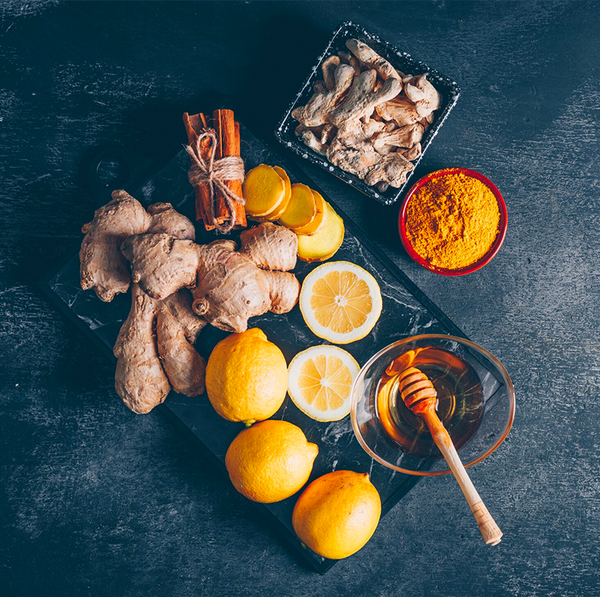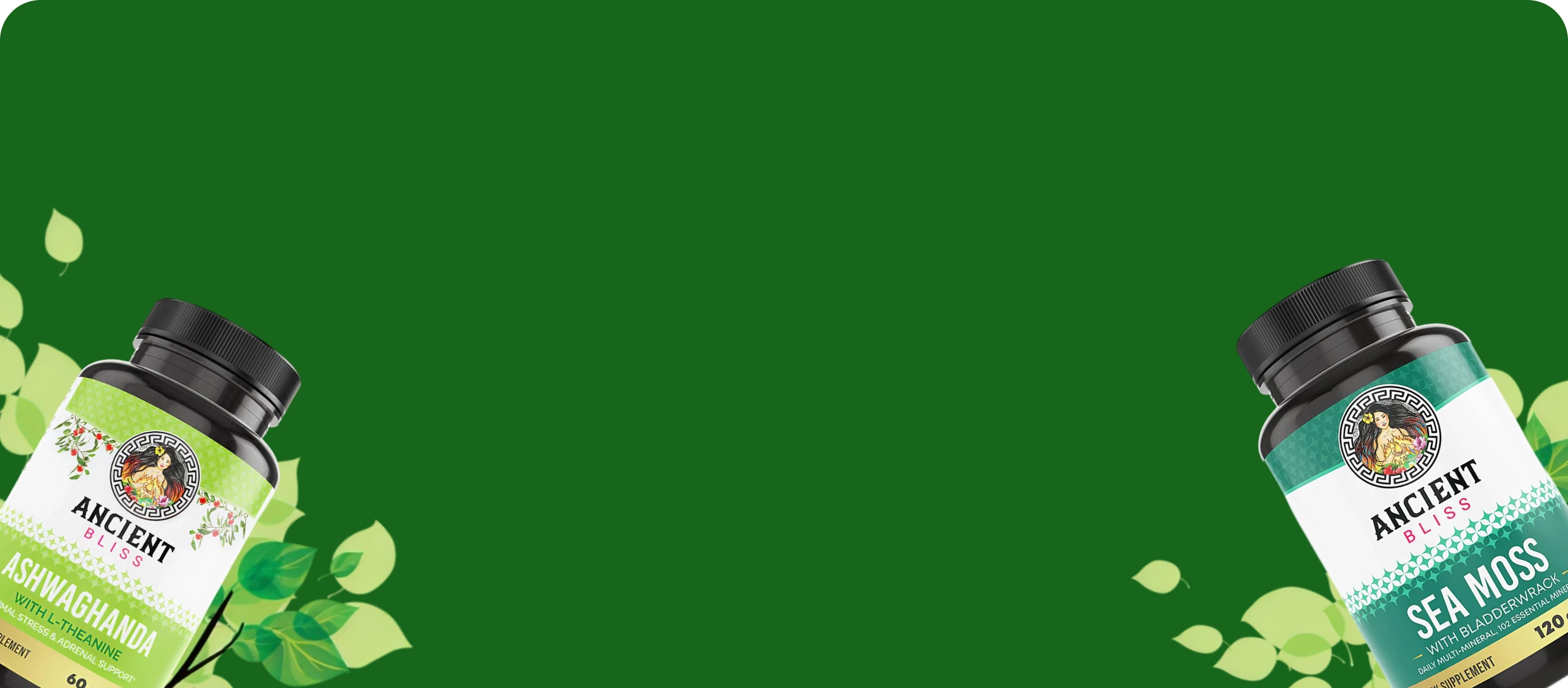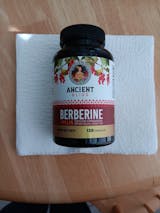Meal Prep your way to Good Health, Sustainable Weight Loss and Longetivity

Are you looking for a simple and practical way to sort your nutrition out? Do you ever start eating better, only to slip back into old behaviors a week or two later? Have you found yourself unable to have a healthy meal and resorting to something quick?
If so, you’re in the right place. Today, we’ll dive into the topic of meal prepping, why you should consider it, and how to get started in five simple steps.
Let’s dive in.
Do You Need to Meal Prep?
Well, no. Meal prepping is not mandatory for reaching your health and fitness goals. With that said, doing so can be beneficial because many people struggle to find the time to prepare healthy meals during the week.
Meal prepping is nothing special, but it allows us to prepare more food ahead of time and enjoy it later. Doing so ensures that we eat better, save money, and reduce the risk of returning to old and unhealthy behaviors.
How to Start Meal Prepping In Five Simple Steps
1. Decide What Meals You Want to Cook
The first step to effective meal prepping is getting clear on what foods you would like to cook for the upcoming days.
We recommend starting with simple meals and keeping the variety to a minimum. Doing so makes it easier to estimate what ingredients you’ll need and allows you to get started with the process without overwhelming yourself. Simplicity is also an excellent way to streamline the process and avoid spending hours on your first meal prep.
Here are a few simple ideas to consider:
- Veggie Mason jar salad
- Vegan curry
- Vegan Teriyaki stir fry
- Cauliflower Fried Rice With Mushroom
2. See What Ingredients You’ll Need
Once you’ve decided what meals you’d like to cook, sit down and write all the ingredients you will need. Don’t forget to include sauces, condiments, seasonings, and other similar additions.
You don’t have to be perfect the first time around, and it would be better to get smaller quantities of ingredients. Over time, you will get better at estimating what amounts you will need for successful weekly meal prepping.
For example, let’s say you want to start with something simple for your next few lunches: Mason jar salads. You can make that as you see fit. Good ingredients include:
- Tofu
- Pumpkin seeds
- Veggies for roasting
- Mixed greens to top it off
- A vegan sauce
3. Buy The Groceries
The next step is to buy all the necessary ingredients for your meal prep. As mentioned above, err on the side of less instead of more. It would be better to prepare a few meals and run out of ingredients than to make too much and throw most of it away at the end of the week.
You can get foods like rice, quinoa, and potatoes in bulk because these perish more slowly, and you don’t have to use them up within a few days of purchase.
4. Set Aside Enough Time For Cooking
Okay, you’ve determined what meals you’ll cook, you’ve put together a grocery list, and you’ve got the ingredients. Great job! Now comes the slightly more difficult part of cooking your meals.
You might have a rough idea of how long it would take you to prepare your meals. Somewhere between one and two hours, right? Well, you could finish that quickly, but we recommend setting aside more time. Why? Because doing something for the first time always takes longer than anticipated.
Between the preparation, cooking, distribution of meals, and cleaning up after you’re done, the process can easily take at least 2.5 hours the first time around. Of course, you will get better after that, but it’s best to arm yourself with more patience initially.
Sunday afternoons are often the best time for meal prepping because most people are free to do what they enjoy. For one, you get to enjoy the afternoon doing something productive. Second, you can prepare some fresh meals for the upcoming week.
5. Distribute The Food Into Containers
Now comes the fun bit:
You’ve done the hard work, and now it's time to split the bulk of food into containers, let everything cool down, seal it off, and pop it in the fridge for later use.
Ideally, you should get some glass containers for your meals. These are of higher quality and last much longer. Plastic containers can also work but make sure to get some with dividers inside. That way, you can prepare various foods without mixing everything into a gigantic mess.
Mason jars are also beneficial for salads, overnight oatmeal, and such.
In same category
-
![]()
Meal Prep your way to Good Health, Sustainable Weight Loss and Longetivity
Are you looking for a simple and practical way to sort your nutrition out? Do you ever start eating better,...
-
![]()
Meal Prep your way to Good Health, Sustainable Weight Loss and Longetivity
Are you looking for a simple and practical way to sort your nutrition out? Do you ever start eating better,...
-
![]()
Meal Prep your way to Good Health, Sustainable Weight Loss and Longetivity
Are you looking for a simple and practical way to sort your nutrition out? Do you ever start eating better,...

